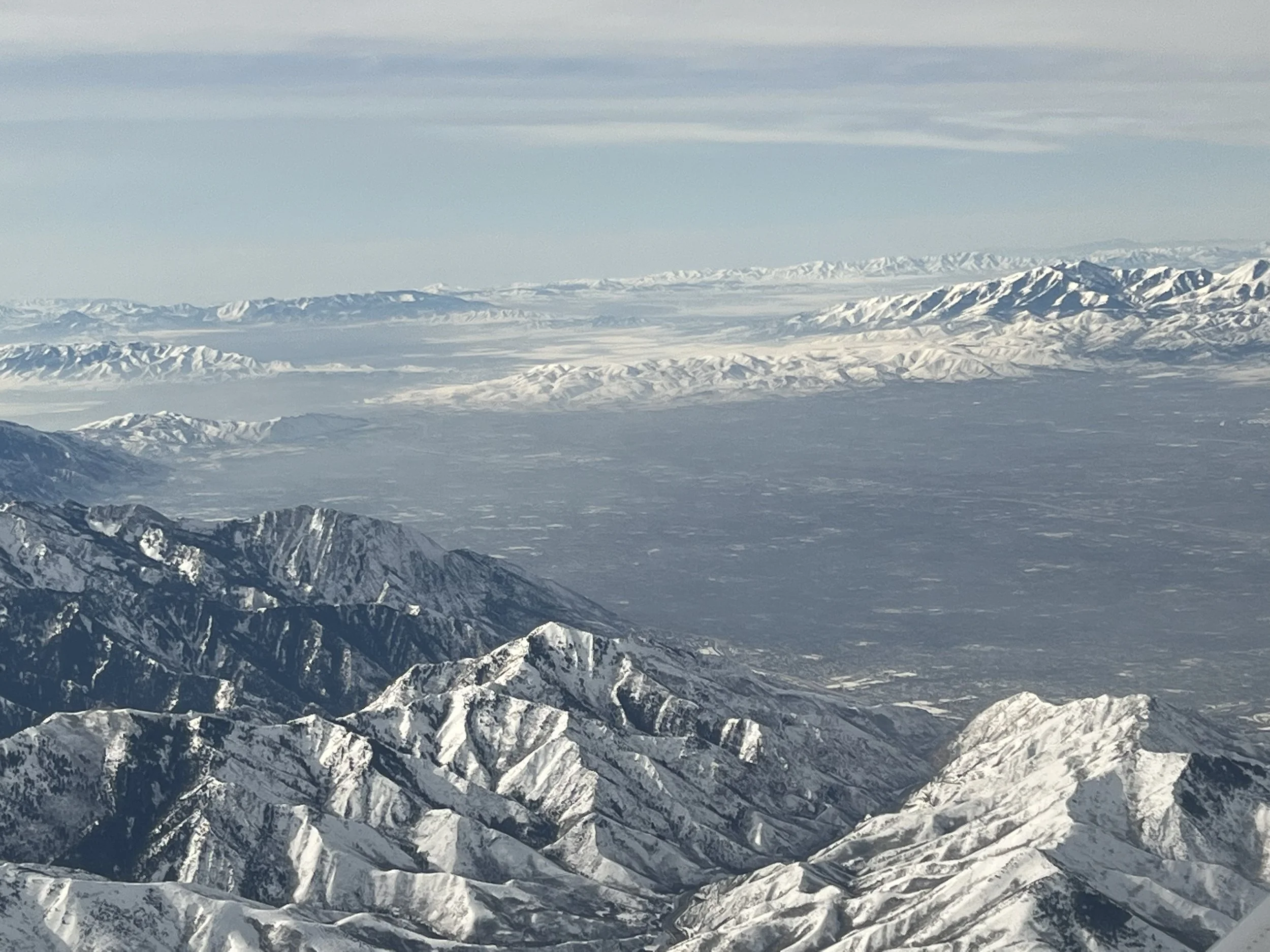Wonder
Last month, I had the opportunity to attend the Word on Fire Institute’s Wonder Conference on Faith and Science. This conference featured a number of accomplished speakers in the fields of astrochemistry, physics, biology, medicine, philosophy, and theology. The theme was the compatibility, indeed, the complementarity of faith and science, whether it be in planetary formation or evolution of life on earth. Suffice it to say, the talks expanded the mind, even to the point of almost exploding it. To hear internationally renowned scientists present the latest research breakthroughs in the same breath as their faith in God was quite moving. And also encouraging for much-needed dialogue in today’s world which is often hostile to the integration of faith, science, and medicine.
It is critical to dispel this myth that science and faith are opposed to each other. Indeed many of the greatest discoveries in the history of science were made by people of great faith, including modern genetics (Gregor Mendel, a monk), the Big Bang theory (Georges Lemaitre, a priest), the heliocentric model of the universe (Copernicus, a church canon), geology/fossils (Nicolaus Steno, a bishop), microbiology (Louis Pasteur, a lay scientist), the first accessible computer lanuage BASIC (Mary Kenneth Keller, a nun…and also the first person to obtain a PhD in computer science in the United States), among many many others.
Instead of science viewing faith as superstition, and faith judging science as reductionist, these two spheres seek the wholeness of truth, each in different ways, to allow us to better undertand the universe visible and invisible. You can’t use the scientific method to prove that God exists or to explain how miracles occur. And you can’t design and test new treatments for patients by just having faith in your heart that they will work the way you hope. Both science and faith work together to look at the whole from different, albeit incomplete perspectives. Appreciating that the wonder of creation is beyond what either science or faith can tell us, provides a necessary humility to our place in this universe. As we dig deeper and deeper into the workings of the universe and the discoveries of science, we are left with greater awe of the mystery and complexity that unfolds.
One of the main messages that the scientific speakers at the Wonder Conference all shared was their gratitude in the face of such mystery and complexity. It is impossible to look at the new images from the James Webb Space Telescope and not feel amazement at all that we are learning and all that is still out there beyond our reach. “The heavens are telling the glory of God; and the firmament proclaims his handiwork (Psalm 19:1).” Or similarly to look into the innermost workings of our DNA, our cellular machinery, and our immune systems, and not feel the same amazement. “For you formed my inward parts, you knitted me together in my mother's womb. I praise you, for I am wondrously made. Wonderful are your works! (Psalm 139:13-14)”
Our scientific knowledge has certainly dramatically increased over the generations, but the Old Testament psalmists have attested to this wonder as eloquently as anything ever written. Let us share in this wonder for all the universe has to reveal to us from both science and faith, and may this bring us a sense of gratitude, humilty, and ultimately, peace!
